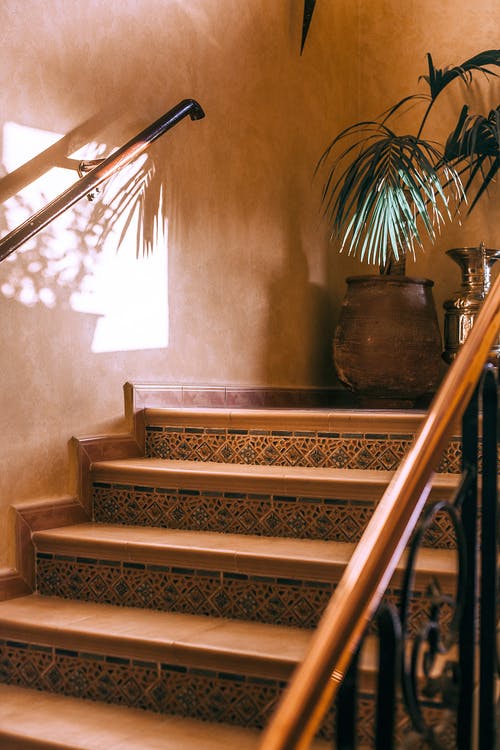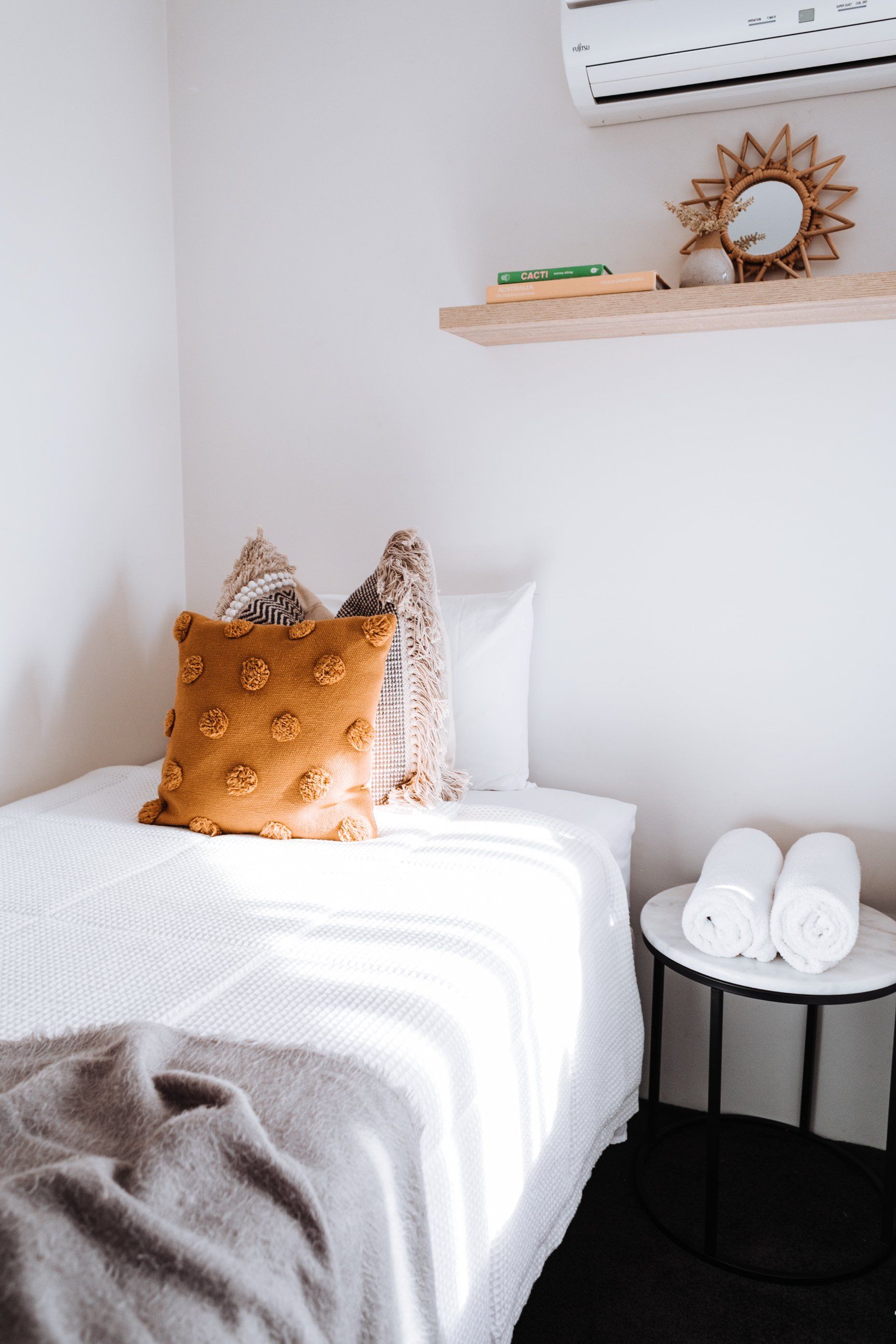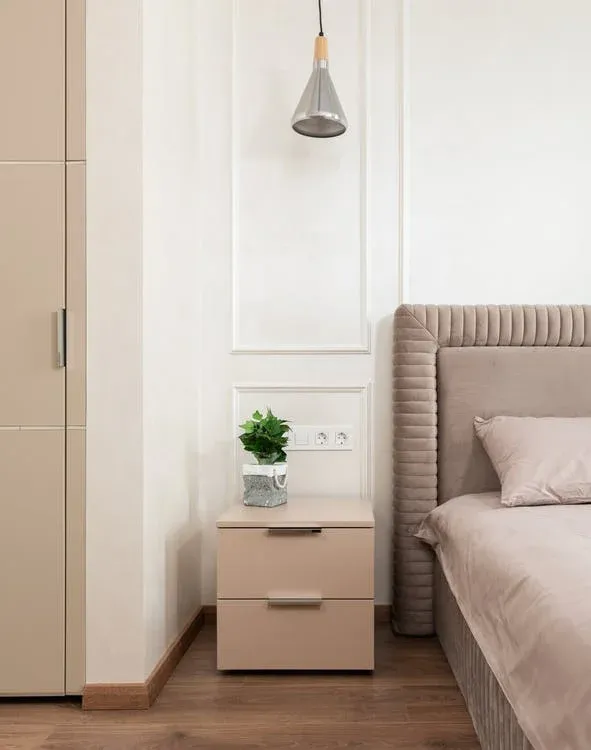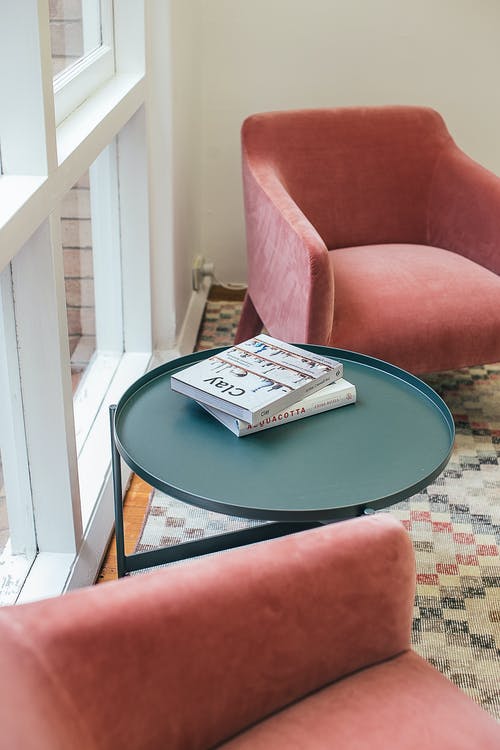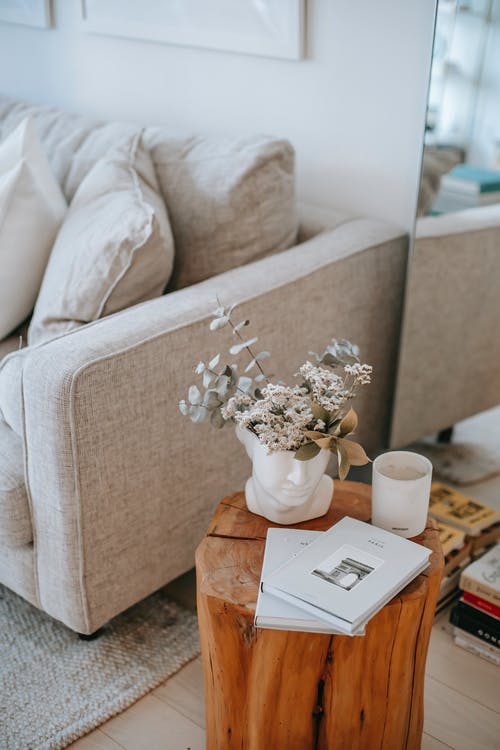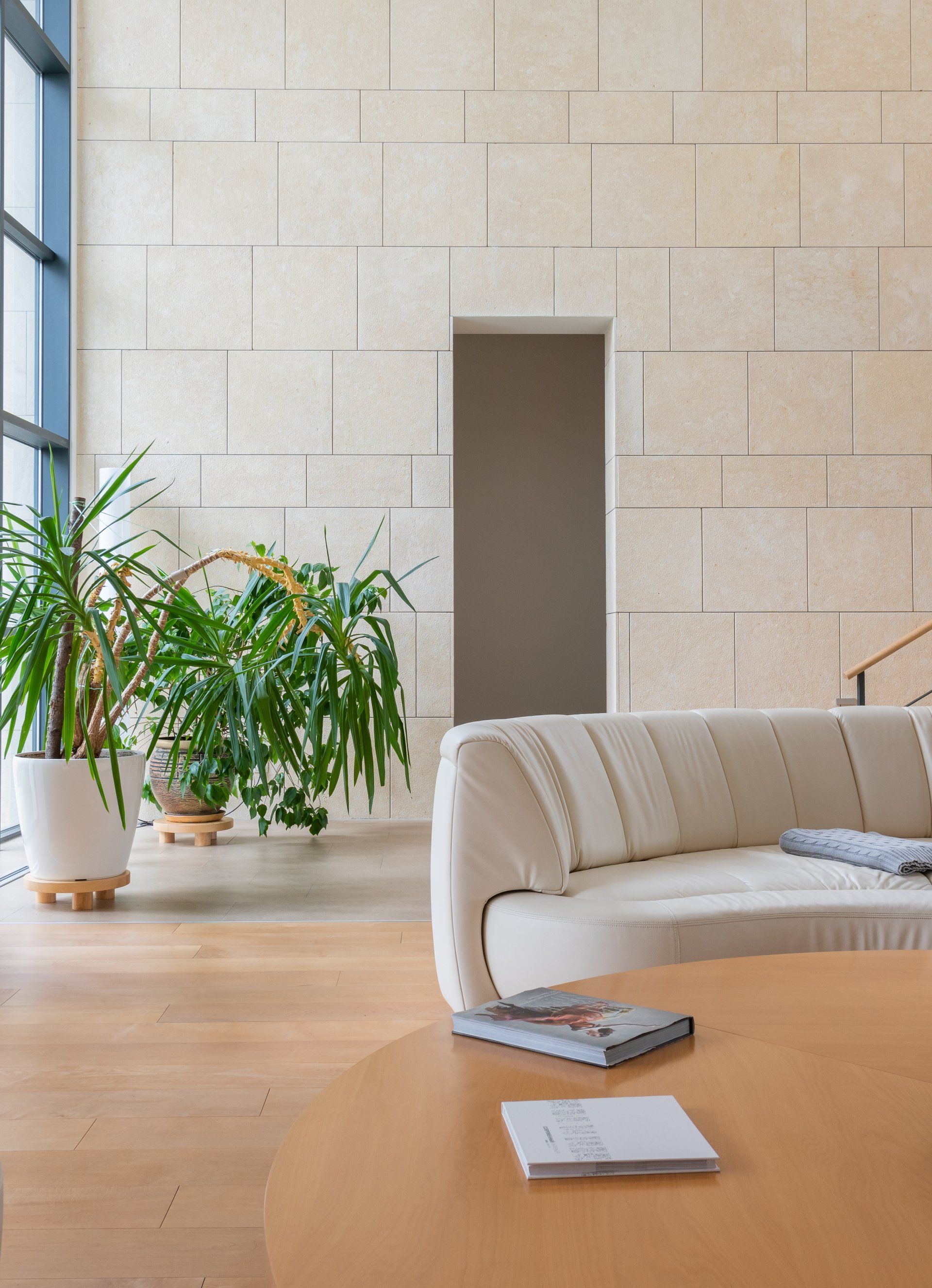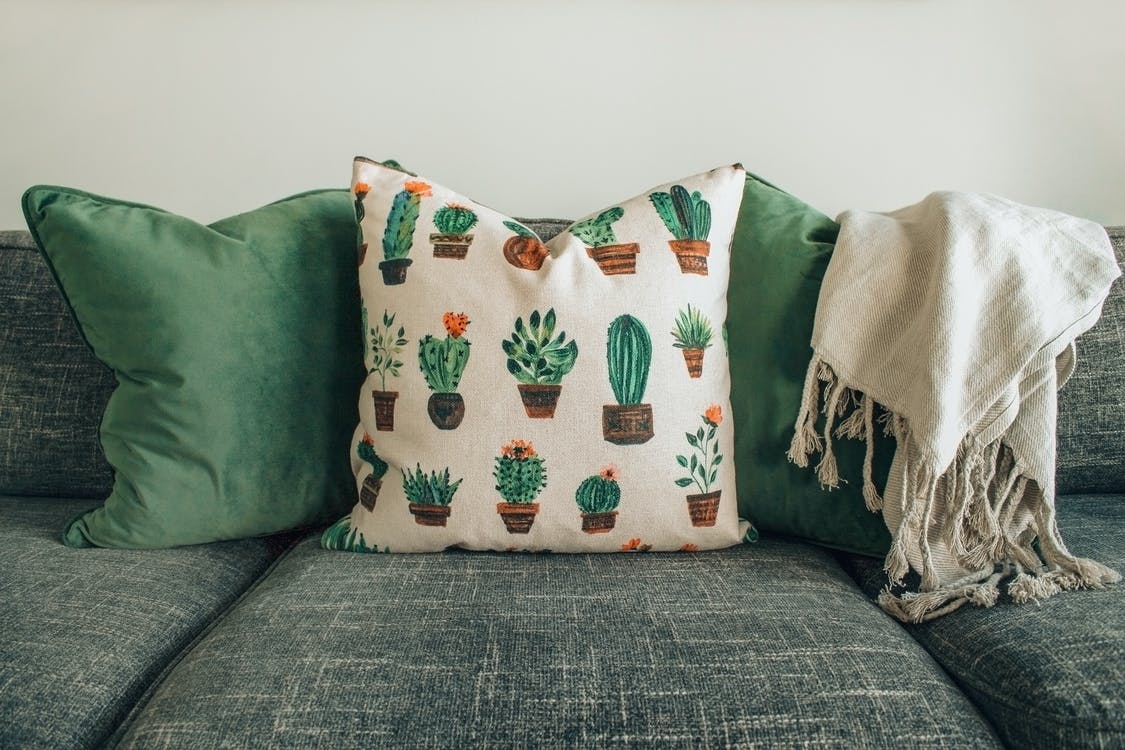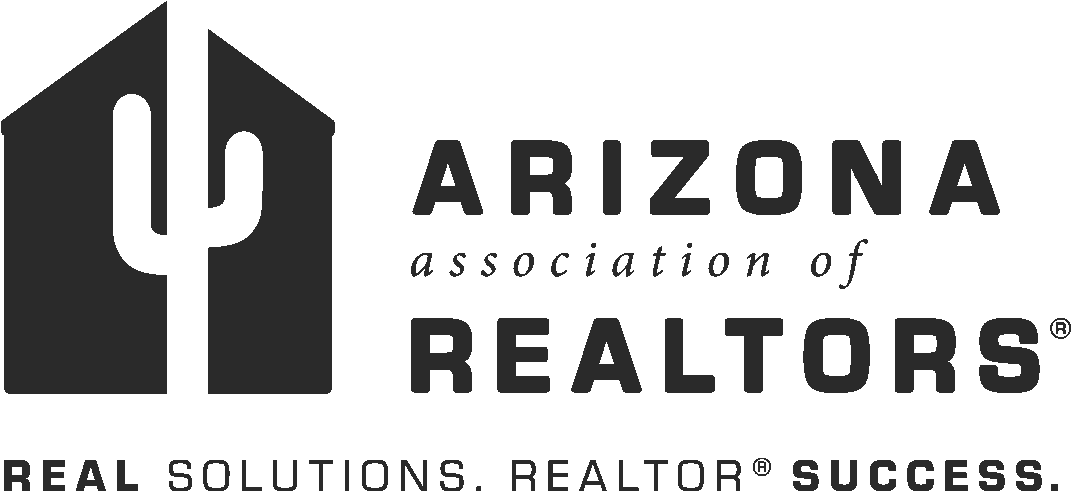The Broker's Blog
This is a great article to put into context that not all recessions are created equally -
https://www.curbed.com/2019/8/29/20837282/millennials-recession-homebuying-prices-coronavirus?ct=t(The_SAAR_News_04_05_20)
The Great Recession was created because of the housing market being held together by duct tape and bubble gum. It was only a matter of time before a significant correction would ensue. The jury is still out related to COVID-19's impact on real estate values. The optimist in me wants to believe the notion mentioned in this article that the reduced transaction volume will essentially pause values increasing or decreasing and as the market defrosts and starts to open up again, values will continue to rise as they did prior to COVID-19 at a 5-10% annual increase per year. However, the realist in me looks at the underlying metrics:
1) Hundreds of thousands of Arizonans will be economically impacted by COVID-19 and will become delinquent on their payments, putting them deeper in the hole and further away from a potential home purchase
2) iBuyers (Zillow, OpenDoor and OfferPad) have ceased new property purchases
3) More properties are coming online than being sold, increasing the available inventory which will start the shift from a Seller to a Buyer's market
4) Arizona previously received 1 of every 10 people that moved between state lines, however, with the introduction of stay at home orders in nearly all states, this will limit the pipeline of Buyers moving to Arizona
5) Anecdotally, one of our agents was competing for an iBuyer listing on MLS which had multiple offers well-above list price just under a month ago with our client not win the bidding war. The initial escrow was cancelled and our client ended up purchasing the home from the iBuyer at a 5% discount from what the previous Buyer was under contract for. Does this mean that iBuyers have priced in a 5% decrease in value?
6) Anecdotally, we had a listing that was perfect for an investor. Just three weeks ago we received an offer from an investor that was rejected by the Seller. The property remained on market and we asked if the investor was still interested at the initial offer price, he adjusted his offer down by 10%.
We have had a few clients that have expressed interest in selling. Our recommendations have been to be a step ahead of the game and price the property a few percentage points less than the on market and recently sold comparables to increase the probability of sale and realizing the equity in the home. The thought behind this is that its better to sell at a few percent below top of market than try to get a record sale price in an uncertain market with a reduced Buyer pool and transaction activity.
For the homeowners that do not need to sell, we believe that the long-term economics of Arizona real estate will remain strong. They will stay in place until COVID-19 is under control and wait for a normalized market to re-appear to sell.
For the Buyers that have been waiting for home values to see a correction and take advantage of timing the market, there will likely be a window of great buying opportunities to come.
How long this downward trend lasts largely depends on how long Americans have limited mobility, how successful the federal and state economic relief packages are, how much deeper in debt Americans fall in the coming months and how long it takes for the unemployed population to be absorbed backed into the work force.
